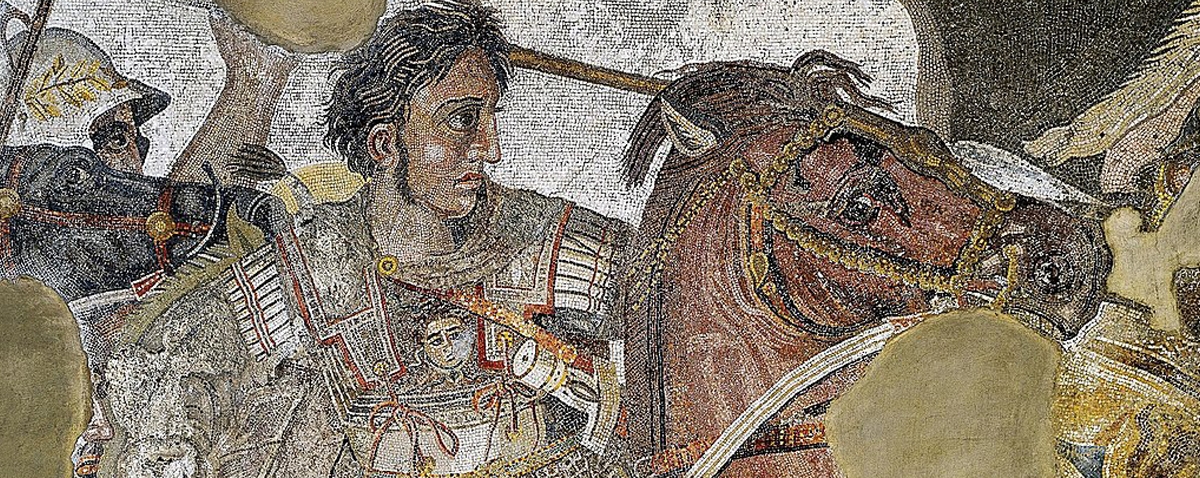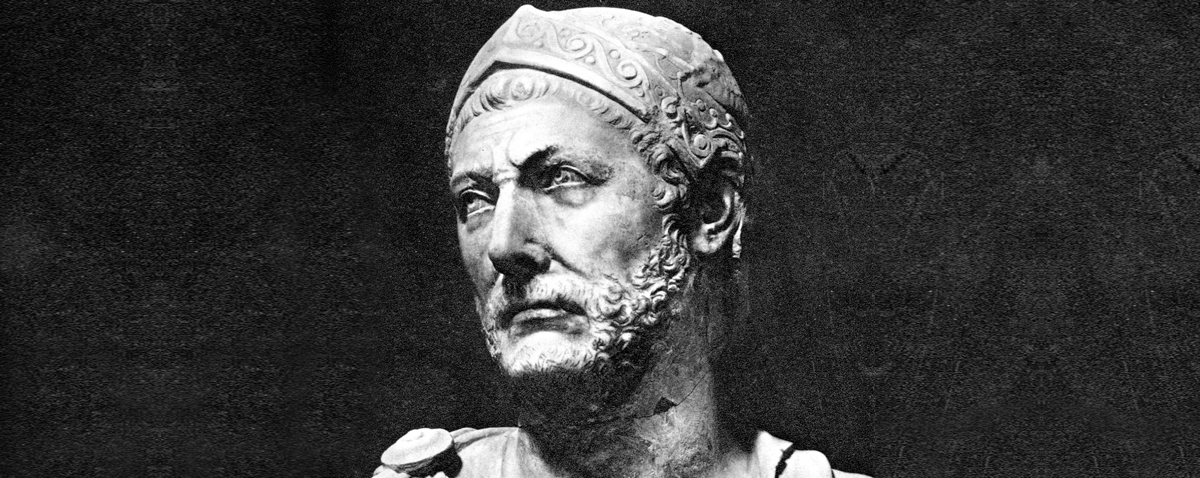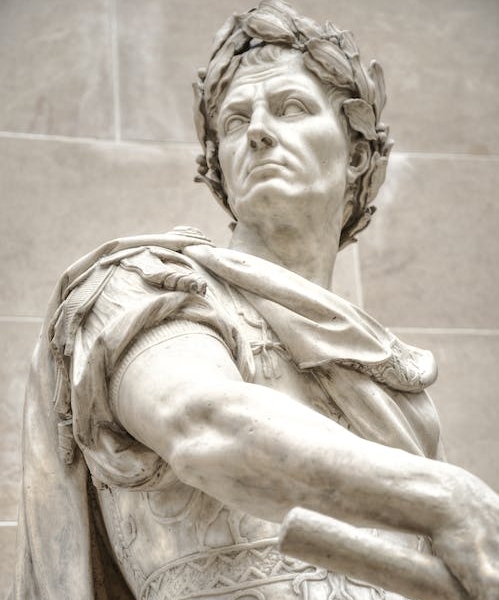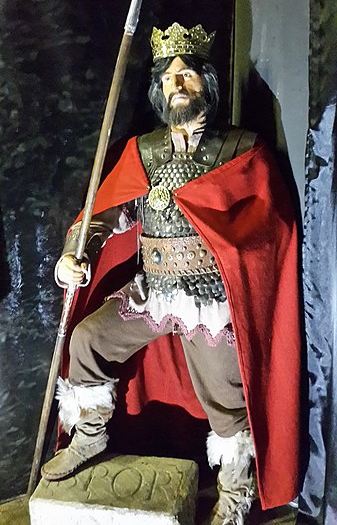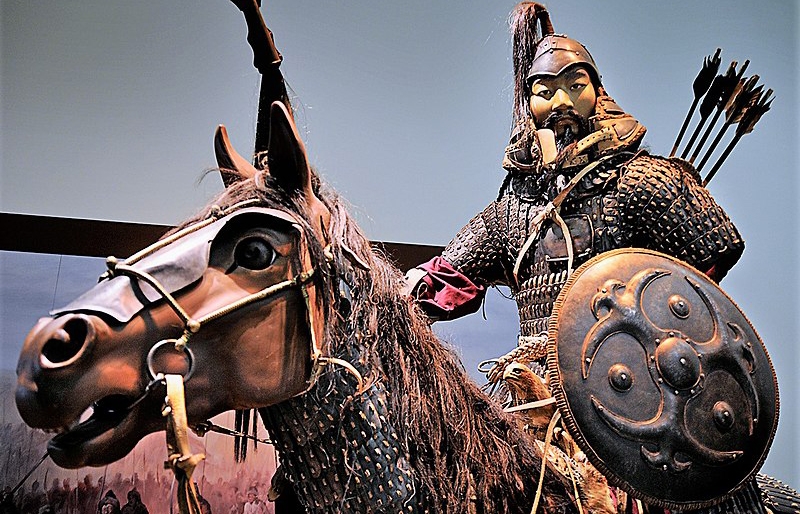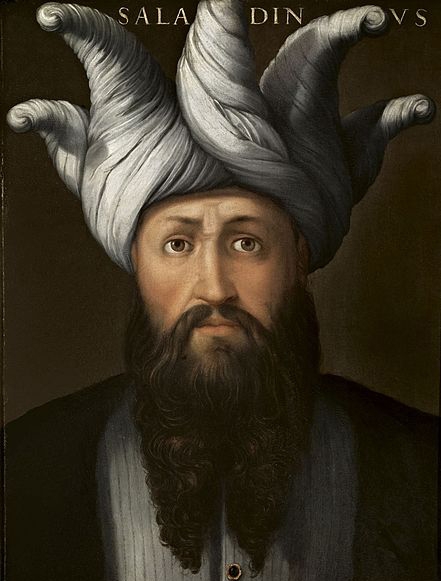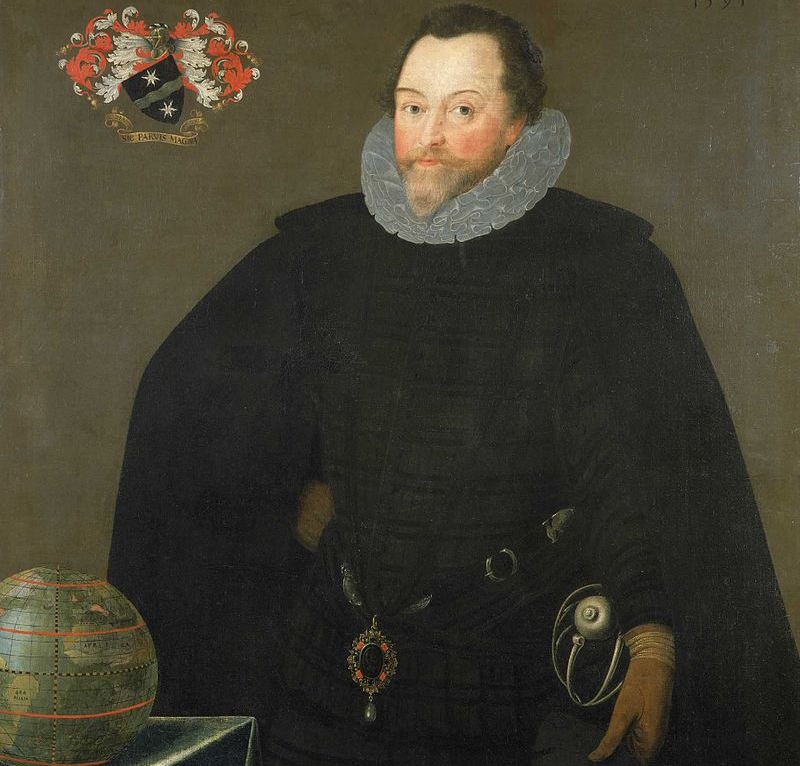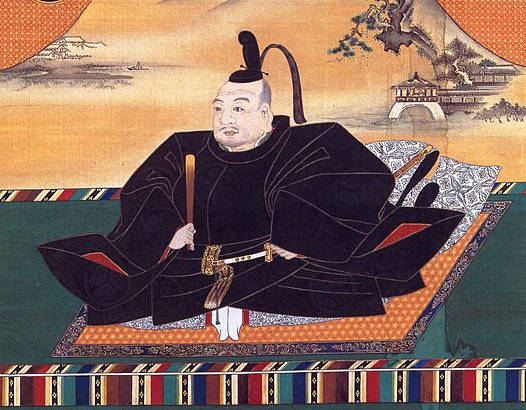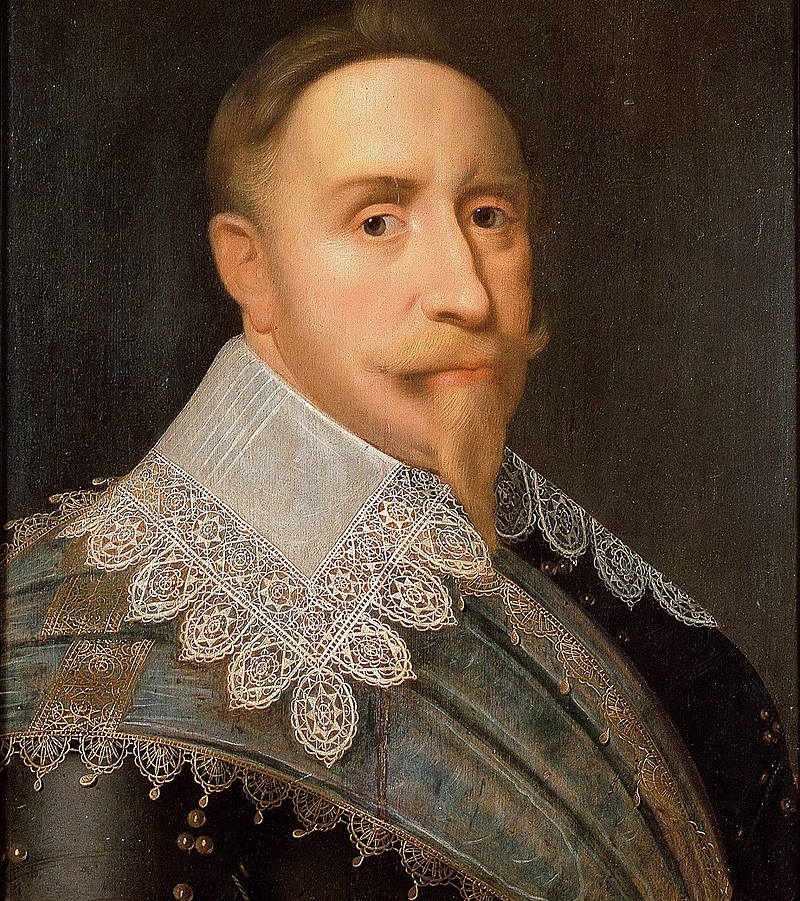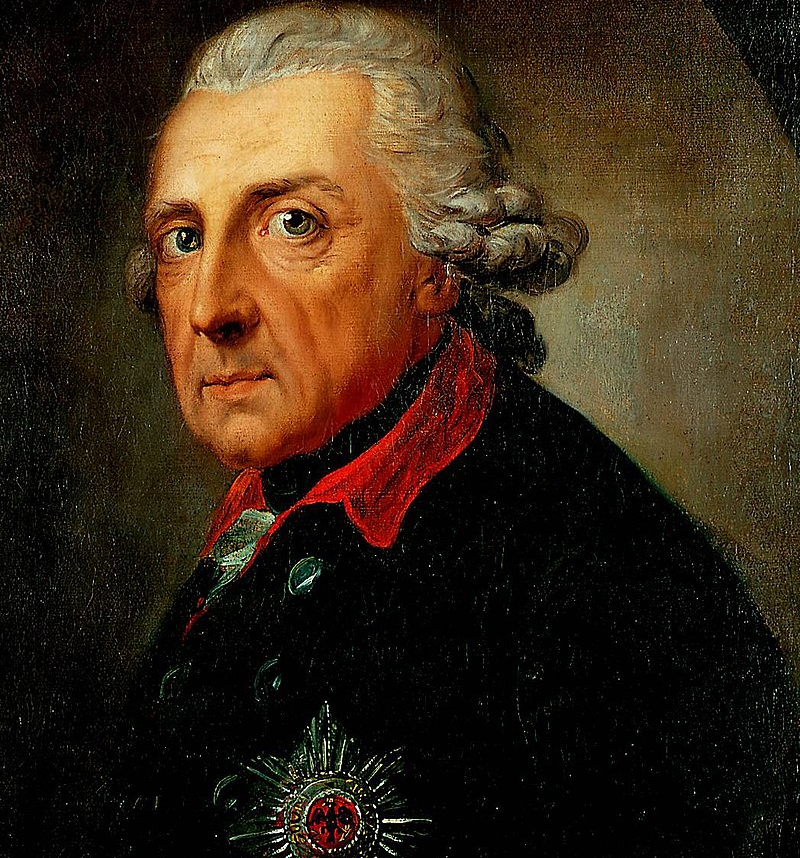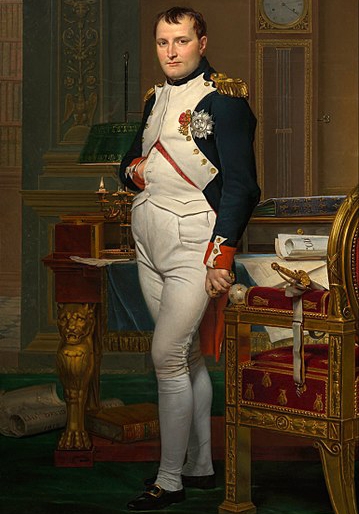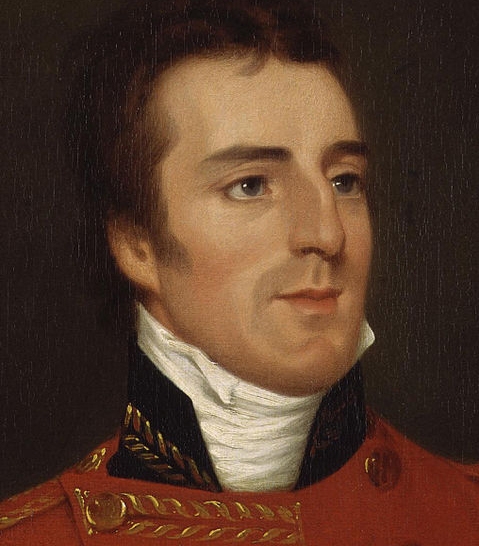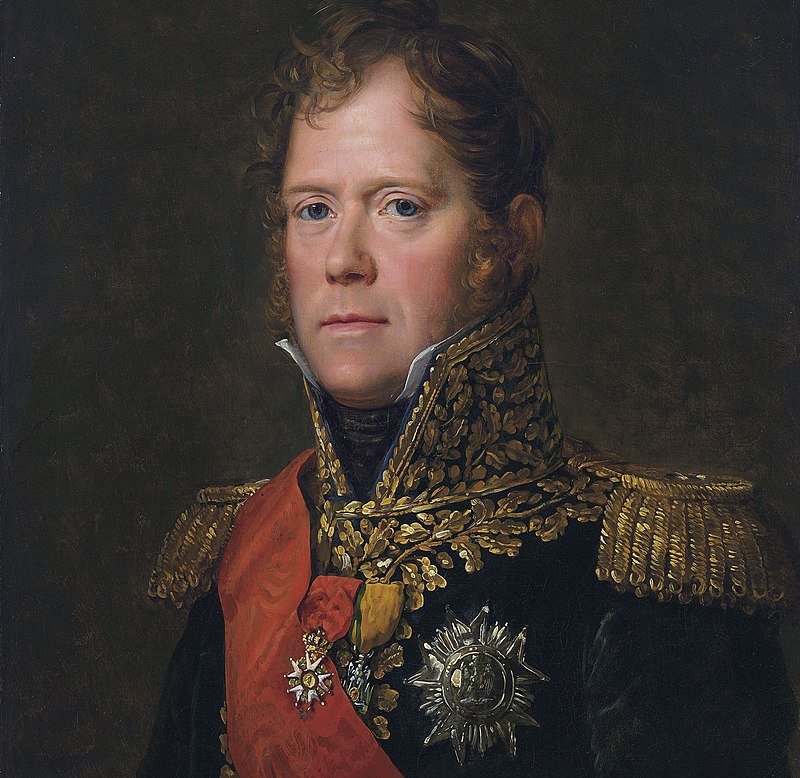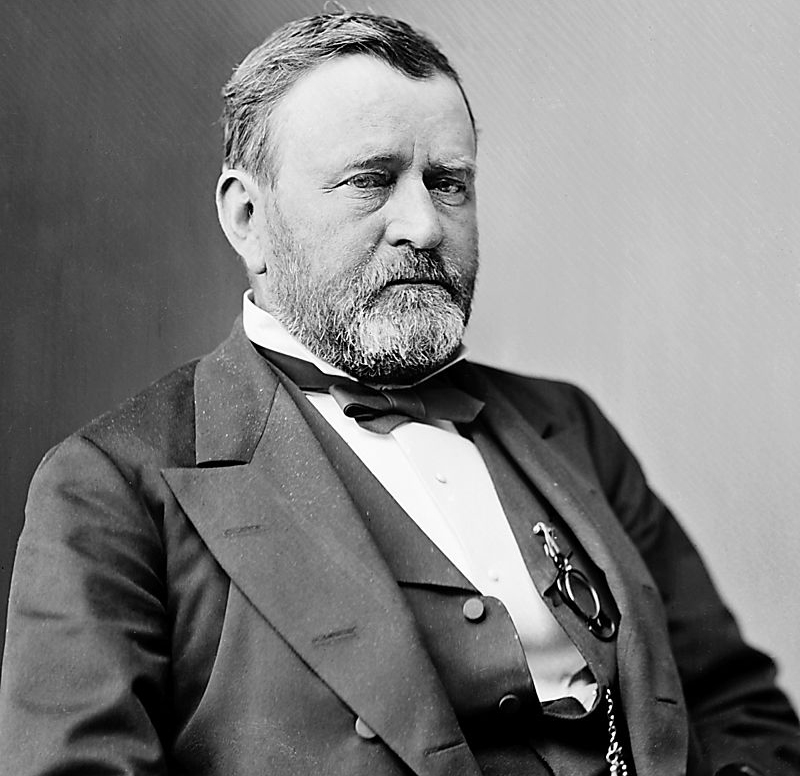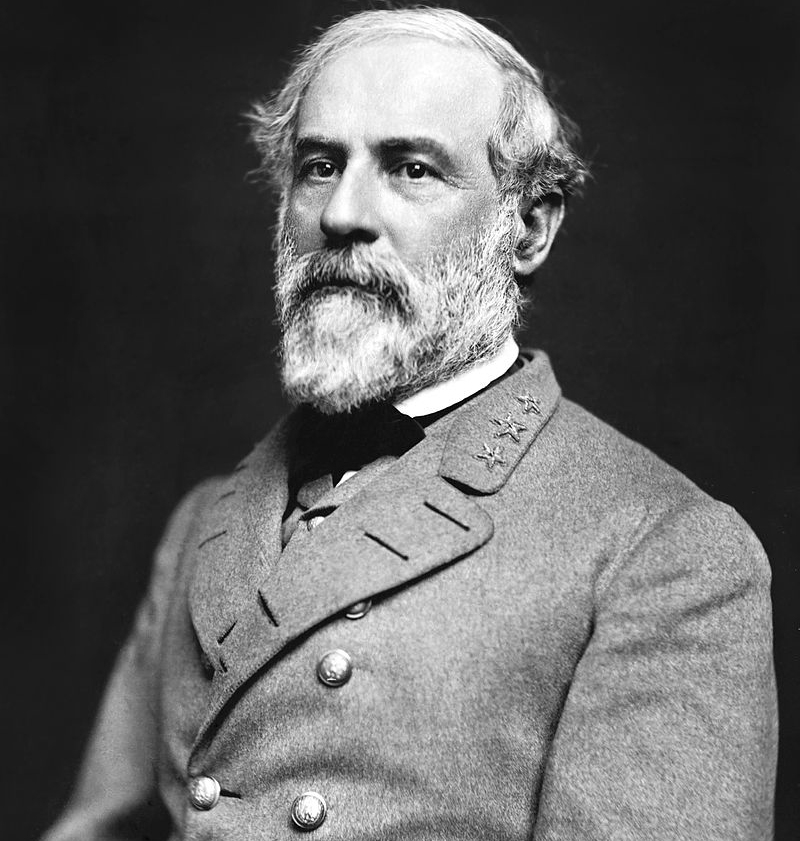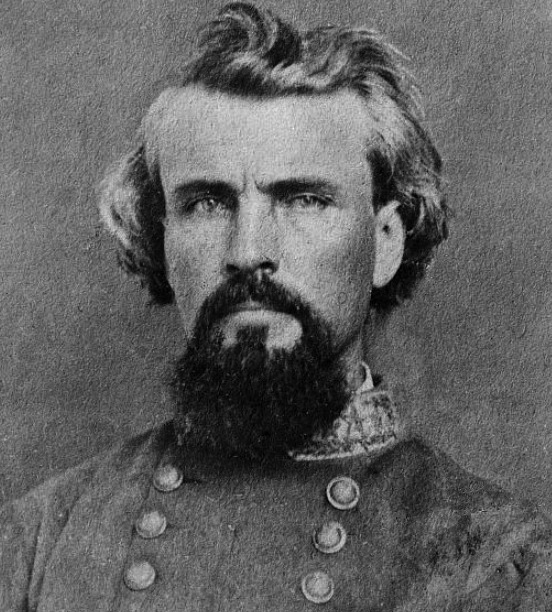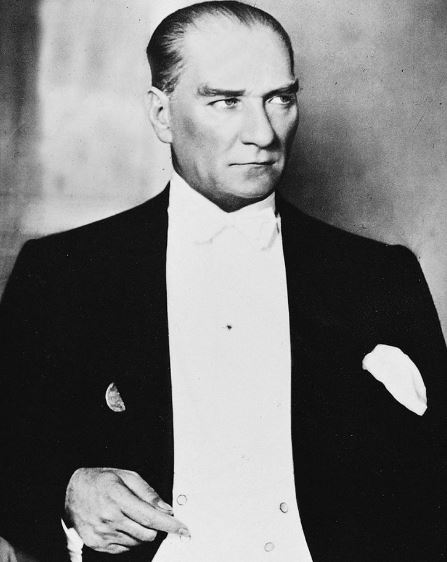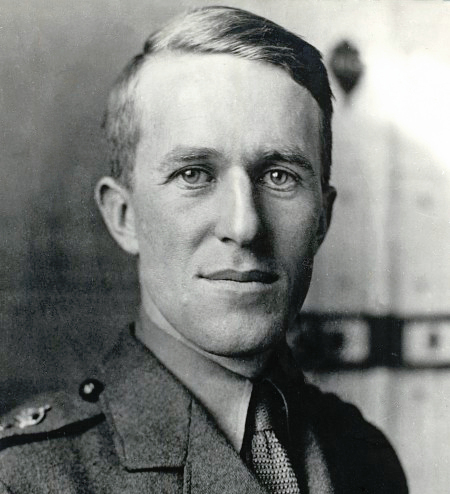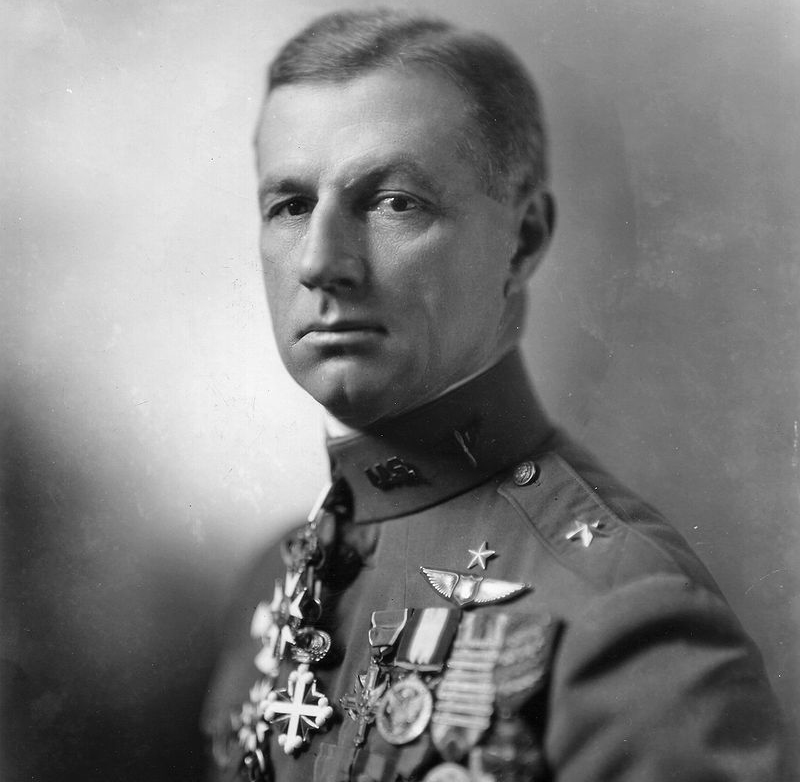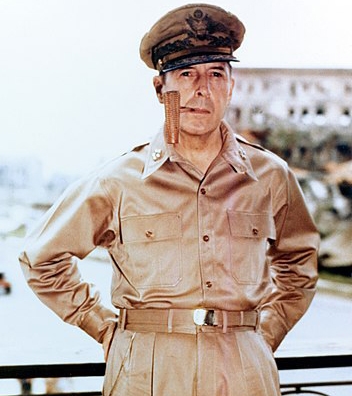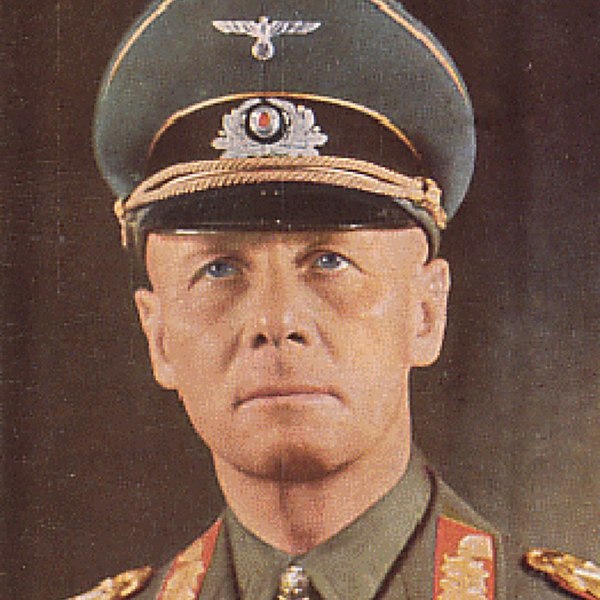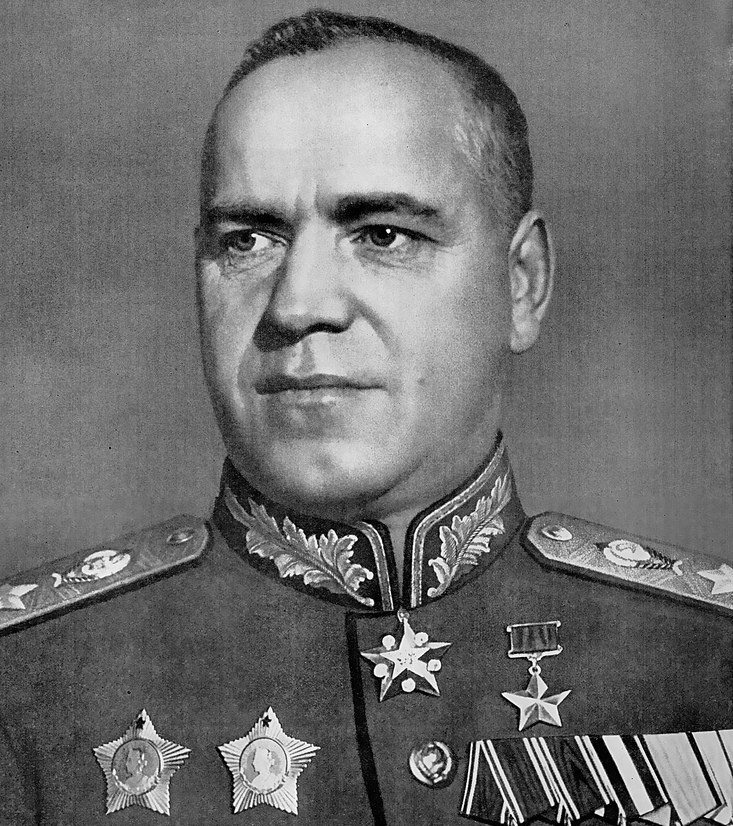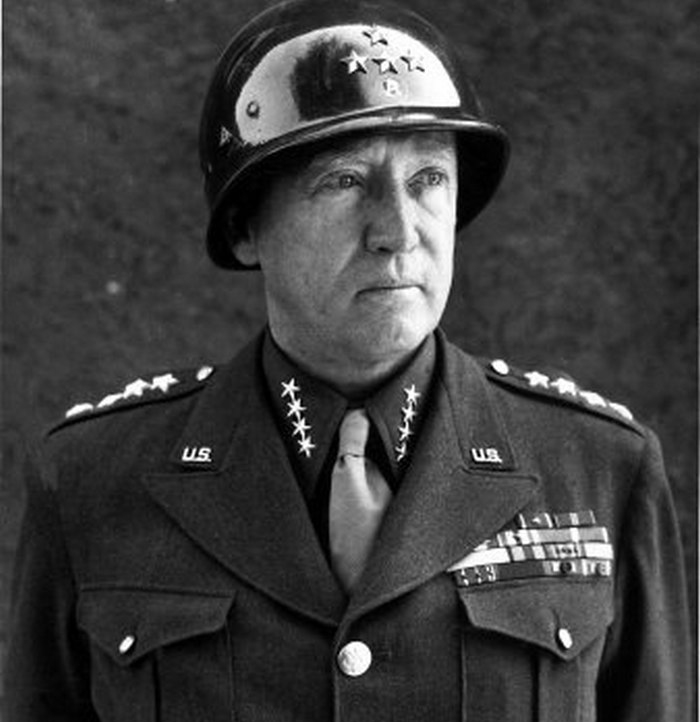Background
The military is a great and respectable institution, and for this reason, military leaders are held in high regard. To be victorious, leaders must possess bravery, ingenuity, and a strategic mind for tactical planning. There are a number of famous military generals throughout history, but there are only a select few who can stand out from the crowd with their brilliance. Not all of them have won every battle, but their great minds and profound bravery have changed the course of historical warfare. These generals have proven that the size of the army alone isn’t enough to decide the course of a battle. Get to know the great historical military leaders from different historical eras.
Military Leaders |
Accomplishments |
Ancient Era |
|
| 1. Alexander the Great (356 BCE –323 BCE) | King of Macedon, greatest military leader in history |
| Created one of the largest empires in history | |
| Responsible for making Greek culture known around the world | |
| 2. Hannibal Barca (247 BCE – 183-181 BCE) | Carthaginian general in the Second Punic War |
| Invaded Italy through crossing of the Alps with elephants | |
| Killed 1/5 of the entire population of Roman males and terrorized Rome | |
| 3. Scipio Africanus (236 BCE – 183 BCE) | Roman general during the Second Punic War |
| One of the best military commanders and strategists of all time | |
| 4. Julius Caesar (100 BCE – 44 BCE) | Famous Roman general and dictator; one of the greatest conquerors of all time |
| Responsible for the rise of the Roman empire | |
| Led the Roman armies in the Gallic Wars | |
| 5. Attila the Hun (406-453 AD) | “Scourge of God,” Ruler of the Huns |
| Terrorized the Eastern and Western Roman Empire | |
Medieval Era |
|
| 1. Khalid ibn al-Walid (died 642) | Arab Muslim commander in the service of the Islamic prophet Muhammad |
| Undefeated in more than 100 battles | |
| Islam’s most formidable warrior | |
| 2. Genghis Khan (1162 – 1227) | “The Sword of God,” Founder of the Mongol Empire |
| Established the largest land empire in history | |
| A ruthless and brutal leader, but granted freedom of religion to his subjects | |
| 3. Saladin (1137 – 1193) | Founder of Ayyubid dynasty, ruler of Muslims from Syria and Egypt |
| Reclaimed Jerusalem from the Crusader forces of Europe | |
| A prominent historical figure in the Muslim, Arab, Kurdish and Turkish culture | |
Early Modern Period |
|
| 1. Francis Drake (1540 – 1596) | English explorer known for circumnavigating the world in a single expedition |
| Contributed to the colonization of the New World | |
| Instrumental in defeating the Spanish Armada | |
| 2. Tokugawa Ieyasu (1543 – 1616) | Founder and first shogun of the Tokugawa shogunate in Japan |
| One of the three Great Unifiers of Japan | |
| Exceptional general | |
| 3. Gustavus Adolphus (1594 – 1632) | “Father of Modern Warfare,” King of Sweden |
| Reformed and revolutionized the military by developing a professional army | |
| Brought Sweden to significant power in the 17th century | |
| 4. Frederick the Great (1712 – 1786) | King of Prussia and an expert military commander |
| His leadership boosted Prussia’s standing in Europe | |
| Significantly increased Prussia’s territories and became a major military power | |
Napoleonic Wars |
|
| 1. Napoleon Bonaparte (1769 – 1821) | History’s most brilliant commander |
| French military general and first emperor of France who dominated Europe for over a decade | |
| Revolutionized military training and organization, and sponsored the Napoleonic code | |
| 2. Arthur Wellesley (1769 – 1852) | The “Iron Duke,” 1st Duke of Wellington |
| Britain’s leading military and political figure in the 19th century | |
| One of the commanders who ended and won the Napoleonic Wars | |
| 3. Michel Ney (1769 – 1815) | One of the greatest commanders in French history |
| “The bravest of the brave,” according to Napoleon | |
American Civil War |
|
| 1. Ulysses Grant (1822 – 1885) | Commanding general of the Union Army |
| Led the victory of the Union over the Confederacy during the American Civil War | |
| Later on became the 18th President of the United States | |
| 2. Robert E. Lee (1807 – 1870) | Commanding general of the Confederate Army |
| Brilliant military general known for his reputation as a skilled tactician | |
| 3. Nathan Bedford Forrest (1821 – 1877) | “Wizard of the Saddle,” a prominent Confederate army general |
| Conducted successful raiding operations | |
| His daring leadership style made him rise to position even without previous military training | |
World War I |
|
| 1. Mustafa Kemal Ataturk (1881 – 1938) | Founding father of the Republic of Turkey |
| Fought to stop a large force of British and French troops from taking | |
| Westernized and secularized Turkey as its first president | |
| 2. Thomas Edward Lawrence (1888 – 1935) | “Lawrence of Arabia” |
| British military strategist who helped Britain defeat the Ottoman Empire | |
| Best known for his legendary war activities written in his book, “The Seven Pillars of Wisdom.” | |
| 3. William “Billy” Mitchell (1879 – 1936) | Father of the United States Air Force |
| The army officer and air power theorist who advocated for a separate US air force | |
| Distinguished Service Cross awardee | |
World War II |
|
| 1. Douglas MacArthur (1880 – 1964) | Military leader who served in three major wars: World War I, World War II, and the Korean War |
| Medal of Honor awardee for his service in the Philippines Campaign | |
| The general who accepted Japan’s surrender, ending the war | |
| 2. Erwin Rommel (1891 – 1944) | Successful Nazi field marshall respected by both the Allies and Axis |
| Named as the “Desert Fox” because of his brilliant surprise attacks | |
| 3. Georgy Zhukov (1896 – 1974) | Most successful marshal of the Soviet Union |
| Responsible for some of the Red Army’s most decisive victories | |
| Commanded the Russian forces in the largest tank battle in history | |
| 4. George Patton (1885 – 1945) | “The Old Blood and Guts,” America’s best World War II field commander |
| Led the Third Army in the invasion of France and in the reverse blitzkrieg against Nazi forces | |
| One of the most brilliant generals during the World War II | |
Ancient Era
The ancient era refers to a long period of history that began roughly around 600 BC in most of the world until the fall of the Roman empire in 476 AD. It was the beginning of a philosophical period in history, and the rise and fall of most world empires, mainly centered around the civilizations on the Mediterranean Sea. Here are a few of the outstanding military leaders of the time:
1. Alexander the Great (356 BCE –323 BCE)
Alexander III of Macedon, known as Alexander the Great, was the King of Macedon from 336 to 323 BCE and is considered the greatest military leader the world has ever known. Son of King Philip II of Macedonia, Alexander took over the army his father forged and conquered half of the known world. By the age of thirty, he created one of the largest empires in history, stretching from Macedonia to Egypt and from Greece to Northwestern India. Because of his victory, he was responsible for making Greek the lingua franca of his world and spreading Hellenistic culture far beyond Macedonia.
Though he was king of Ancient Macedonia for less than 13 years, he successfully changed the course of history. He was brave and daring, and he used to predict the actions of his enemies to counter them. And he even got to fight in the front lines of his troops, gaining the trust and respect of his men. He may sometimes be reckless, but he has never lost a battle.
2. Hannibal Barca (247 BCE – 183-181 BCE)
Hannibal was a Carthaginian general who commanded the Carthaginian forces against Rome in the Second Punic War (218 – 201 BCE). He was arguably one of the greatest military generals in Ancient history, as he continued to oppose Rome and its satellites until its death. He was famous for invading Italy through his cinematic crossing of the Alps with North African war elephants.
Hannibal was the son of Hamilcar Barca, the leading Carthaginian commander during the First Punic War. He swore a blood oath to his father that he would be an enemy of Rome forever – an oath he kept until the end of his life. Hannibal scored major victories, with the Battle of Cannae being his greatest masterpiece. But he had to cope with many adversities, as many of his army and elephants died while crossing the frigid Alps. He also lost an eye in battle, but as a leader, he was flexible and tenacious. He focused on building support among allies and fellow Carthaginians. In the 17 years of his campaign, he killed one-fifth of the entire population of Roman males and became a figure of terror in the great city of Rome.
3. Scipio Africanus (236 BCE – 183 BCE)
Scipio Africanus was Hannibal’s greatest enemy. The Roman general defeated Hannibal at the Battle of Zima and was most notable for being one of the main architects of Rome’s victory against Carthage in the Second Punic War. Scipio is often regarded as one of the best military commanders and strategists of all time, learning the art of war on the battlefield by taking notes of Hannibal’s tactics. His victory in Africa earned him the epithet “Africanus.”
Scipio never lost a battle and was skillful in strategy and tactics. He also knew how to inspire his soldiers with confidence. His bloodiest defeat at the hands of Hannibal at the Battle of Cannae (216 BCE), where more than 60,000 Romans died in a single day, made him more ferocious. He did not consider death or surrender to Hannibal but pulled together his remaining forces instead to get them ready for the next battle, which they won.
4. Julius Caesar (100 BCE – 44 BCE)
Gaius Julius Caesar was a famous Roman general and dictator who changed the course of Roman history. He was influential in the events leading to the demise of the Roman Republic and the rise of the Roman Empire. He is also considered to be one of the greatest conquerors of all time, known for his conquest of the Gauls and his victory at the Battle of Alesia (52 BCE). Though the Romans were outnumbered by the Gauls, they managed to win the battle under the leadership of Caesar.
Caesar led the Roman armies in the Gallic Wars and defeated Pompey in a civil war. Subsequently, he became a dictator of Rome, abandoning the time restrictions and proclaiming himself as a dictator in perpetuity. He did not only lead his army and won battles, but he also wrote about his wars. From his writings about the Romans’ wars against the Gauls, we get the familiar line “All Gaul is divided into three parts,” which he proceeded to conquer. On March 15th, 44 BC, he was assassinated by his own countrymen because of the radical reforms he made, giving popularity to the phrase “beware the ides of March.” Also, the month of July was named in his honor.
5. Attila the Hun (406-453 AD)
Attila was the fierce ruler of the barbarian group known as the Huns during the 5th century. Known as Attila the Hun, his enemies called him “the Scourge of God.” He plundered everything in his path, striking fear in the hearts of the Eastern and Western Roman Empire. He is considered one of the most powerful rulers in the history of the world.
Under his leadership, the tribes of Huns, Alans, Bulgars, and Ostrogoths in Central and Eastern Europe united to form a strong fighting force. He did not consider the Romans to be a real threat, so he became successful in ransacking about 70 cities. Under Attila’s rule, no general wanted to face the Huns in battle. After he died, the Hunnic Empire quickly collapsed. Attila would later live on in Norse texts as a character in Germanic heroic legend.
Medieval Era
Also known as the Middle Ages, the Medieval era began with the collapse of the Roman Empire in 476, until about the fall of Constantinople in 1453 or the discovery of America by 1492. Historians refer to the early part of this era as the Dark Ages due to the loss of recorded history after the Roman Empire fell. This period also saw the beginning of Islam in the Middle East. These are some of the great military leaders of the period:
1. Khalid ibn al-Walid (died 642)
Khalid ibn al-Walid was an Arab Muslim commander under the service of prophet Muhammad and his successors. He was undefeated in more than 100 battles against different tribes, the Persian Empire, and the Byzantines. He had a primary role in the Ridda Wars and the early conquest of Iraq and Syria. Khalid initially opposed Muhammad but later converted to Islam in 627 AD. He was then made a commander by Muhammad, who gave him the title Sayf Allah, or “The Sword of God.”
Early sources credit Khalid as the most influential commander of the conquests, including after his dismissal from the supreme command. Some sources say he is one of the tactical geniuses of the early Islamic period. He was also considered Islam’s most formidable warrior during the time of Muhammad, Abu Bakr, and the conquest of Syria.
2. Genghis Khan (1162 – 1227)
Born with the name Temüjin, Genghis Khan became the founder of the Mongol Empire and earned the name “Genghis Khan,” which meant “Great Khan.” Genghis Khan rose from humble beginnings to establish the largest land empire in history. After uniting the nomadic tribes from the Mongolian plateau, he conquered large territories in China and Central Asia. After his death, his descendants expanded the empire even further, advancing to places like Vietnam, Korea, Syria, and even Poland. At the peak of their power, the Mongols controlled land with an area about the size of Africa.
Genghis Khan was famous for his ruthless and brutal leadership. His army was a force to be reckoned with. During the course of the Mongol conquests, as many as 40 million people were slaughtered. But despite this, he granted freedom of religion to his subjects, abolished torture, banned the kidnapping of women, encouraged trade, conducted regular censuses, and established the first international postal system.
3. Saladin (1137 – 1193)
One of history’s most famous Muslim Commanders, Saladin, was the Ayyubid dynasty’s founder, ruling the Muslims from Syria and Egypt between 1174 AD and 1193 AD. He reclaimed Jerusalem from the Crusader forces of Europe in 1887, ending its almost nine-decade occupation by the Franks. When he recaptured Jerusalem, the Second Crusade ended, but it kickstarted the Third Crusade as kings of Europe headed to Jerusalem to reclaim the city.
Even among the Crusaders, Saladin was a chivalrous knight with relative nobility and fairness. He is remembered as a great military leader who united different Islamic sects. He is a prominent historical figure in Muslim, Arab, Kurdish, and Turkish culture and is considered the most famous Kurd in history.
Early Modern Period
Following the Middle Ages, the Early Modern Period started with the Fall of Constantinople, the Ming Dynasty in China, and the rise of Aztec civilization in the New World. The era ended with the start of revolutions in the mid-18th century.
1. Francis Drake (1540 – 1596)
Sir Francis Drake was a hero to the English, but his privateering made him a wayward pirate and a villain to the Spanish. He was an English explorer and naval officer best known for circumnavigating the world in a single expedition. Drake was also key to gaining much of the naval successes and riches in England, however morally dubious his actions were. He contributed to the colonization of the New World and led in attacking Spanish vessels – taking the treasures they brought from other lands and raiding their ports.
He was a vice admiral in command of the English fleet when they led a preemptive strike at Cadiz that delayed the Spanish Armada’s invasion for a year. After that, he became instrumental in defeating the armada.
2. Tokugawa Ieyasu (1543 – 1616)
Tokugawa Ieyasu was the founder and the first shogun of the Tokugawa shogunate in Japan – the country’s military government that ruled over Japan from 1603 until the Meiji Restoration in 1868. After he won the battle of Sekigahara (1600), Japan unified under his rule as shogun.
Ieyasu was one of the three “Great Unifiers” of Japan, along with his former Lord Oda Nobunaga and his fellow Oda subordinate Toyotomi Hideyoshi. His military career spanned six decades, leaving him in control of the nationwide political confederation forged by Hideyoshi. Ieyasu was a shrewd politician, an insightful administrator, and an exceptional general. He owed his success to judicious institutional borrowing and long life.
3. Gustavus Adolphus (1594 – 1632)
Often called the “Father of Modern Warfare,” Gustavus Adolphus was King of Sweden from 1611 to 1632. He developed a professional army featuring improved cavalry, infantry formations, and mobile artillery. His military innovations and tactics have reformed and revolutionized the military, and his tactics have been studied since by generals, including Napoleon Bonaparte and George S. Patton. The study of his tactics appears in course studies on warfare in many countries around the world today.
Adolphus also brought Sweden to significant power in the 17th century, putting his once-poor country on the map. When he became king at age 16, Sweden engaged in three wars that seemed impossible to win. But he managed to reverse Sweden’s fortunes by entering the Thirty Years’ War against the Imperial Catholic forces and leading his armies to victory, annihilating the enemy. Among his military legacy is pioneering the concept of combined arms, wherein different forces of a single military are deployed alongside one another to get the upper hand.
4. Frederick the Great (1712 – 1786)
Frederick II, known as Frederick the Great, was king of Prussia from 1740 to 1786. Under his reign, the Prussian kingdom significantly increased its territories and became a major military power in Europe. His youth was jarred because of abuse and tyrannical trauma from his father, the Soldier King, but showed kindness, courage, and grace while on the throne. As a leader, he modernized the judicial system, permitted freedom of religion, and proved himself to be a military theory genius. He fought the Russians, French, Swedes, Saxons, and Austrians – often simultaneously – and always came out victorious.
Frederick II earned a reputation as a brave and fearless leader and an expert commander. Some of his greatest military victories were at the battles of Leuthen and Rossback during the Seven Years’ War, where he won against armies that were significantly larger than his through significant maneuvering and smart tactics. The Seven Years’ War had significant ramifications worldwide that extended to North America. When the conflict ended, Britain emerged as the largest world power, and Prussia’s standing in Europe was boosted. In his death, Prussia had a 195,000-strong army – a considerable force for a small kingdom.
Napoleonic Wars (1803-1815)
Napoleonic Wars were a series of conflicts that pitted the French Empire and its allies led by Napoleon I against European states formed into different coalitions. It was a period of French domination over most of Europe. The wars lasted from 1803 to 1815 and are often described as five conflicts, each named after the coalitions that fought Napoleon. Here are the great leaders who arose from these wars:
1. Napoleon Bonaparte (1769 – 1821)
Known as history’s most brilliant commander, Napoleon Bonaparte exhibited a mastery of tactics, strategy, and administration that won France an empire. He was a French military general and the first emperor of France who rose to prominence and dominated Europe for over a decade. His great victories led to the use of the term “Napoleonic” to describe an entire era of warfare. Napoleon also revolutionized military training and organization, sponsored the Napoleonic Code, established the Concordat with the papacy, and reorganized education.
Napoleon fought a number of battles against different coalitions and won most of them. His greatest triumph was the Battle of Austerlitz where his army of 68,000 faced off against 95,000 troops from Russia and Austria of the Third Coalition. Though they were outnumbered, the French still won, inflicting 25,000 casualties on the enemy army while sustaining fewer than 7,000 on his own.
2. Arthur Wellesley (1769 – 1852)
Arthur Wellesley, the 1st Duke of Wellington, fought across India, France, Spain, and Belgium for 16 years. Known as the “Iron Duke,” he was one of Britain’s leading military and political figures in the 19th century and was undefeated in the major battles he was on. He’s one of the commanders who ended and won the Napoleonic Wars when the coalition defeated Napoleon during the Battle of Waterloo in 1815. He was also the person who successfully lobbied to prevent Napoleon from being executed after Waterloo.
Wellesley was known for his stunning defensive skills as a general during the Peninsular campaign of the Napoleonic Wars. He had an exemplary battle record – he participated in 60 battles. He gained victories against bigger forces while minimizing his own losses. His battle plans and tactics are still studied in military academies worldwide.
3. Michel Ney (1769 – 1815)
One of the greatest soldiers in French history, Michel Ney was a military commander who was one of Napoleon’s original 18 marshals of France. His daring leadership style during campaigns made Napoleon characterize him as the “bravest of the brave.”
Ney survived every major campaign of the Napoleonic Wars, and once Napoleon was exiled for the second time, he was tried for treason by the Royalists. In 1815, he was sentenced to execution by a firing squad in Paris. Brave until the very end, he refused to wear a blindfold and was allowed to give the order to fire.
American Civil War
The American Civil War (1861-1865) was a central event in the history of America – a conflict between the Union (the North) and the Confederacy (the South), between the free and the slaves. It ended the institution of slavery that divided the nation. This war remains the deadliest military conflict in American history, resulting in the casualties of 625,000 lives. These are a few of the remarkable generals from the war:
1. Ulysses Grant (1822 – 1885)
Before he became the 18th President of the United States, Ulysses Grant served as the commanding general of the Union Army, who led them to victory over the Confederacy in the American Civil War in 1865. As a commander appointed by Abraham Lincoln, Grant worked to occupy Robert E. Lee’s rebel army while the Union troops struck terror at the South. After four years of the Civil War, Grant was the hero who achieved victory.
As an American hero, he was later elected as the President of the United States and became an effective civil rights executive who signed the bill creating the Justice Department and used Reconstruction Acts to enforce rights for African Americans.
2. Robert E. Lee (1807 – 1870)
Robert E. Lee was a Confederate general of the Confederate forces during the American Civil War. He’s a brilliant military icon known for his reputation as a skilled tactician, for which he was revered by his men and respected by his adversaries in the Union Army. Until his defeat at Gettysburg, his brilliance gave the Confederacy the most excellent chance for victory in the Civil War.
Lee was given command of all the Southern forces. Under his leadership, the Confederate forces kept on handing major defeats to the Union forces. Though they were outnumbered and under-equipped, they came out on top every time – thanks to his strategic genius. The Battle of Chancellorsville was his most significant win, where his 60,000 Confederates defeated a Union Army of 130,000. Though he won this battle, he wasn’t able to prevent Union withdrawal.
3. Nathan Bedford Forrest (1821 – 1877)
A prominent Confederate Army general, Nathan Bedford Forrest is one of the greatest military genius of all the Civil War commanders. His daring leadership and uncanny ability to match winning tactics made him rise from the rank of private to lieutenant general without previous formal military training.
Known as “Wizard of the Saddle,” Forrest’s ingenious use of the cavalry forces served him well in harassing the Union forces during the Vicksburg Campaign. He also conducted successful raiding operations on communication lines and federal supplies during the war. He was also remembered for his controversial involvement in the Battle of Fort Pillow, where black soldiers were massacred after a Union surrender.
World War I
The First World War (1914-1918) was a period of the worldwide conflict centered in Europe. Its belligerents included Europe, the Russian Empire, the Ottoman Empire, the United States, and some parts of the Middle East, Africa, and Asia. These are some of the notable commanders during WWI:
1. Mustafa Kemal Ataturk (1881 – 1938)
Known as the founding father of the Republic of Turkey, Mustafa Kemal Ataturk unified Turkey into a secular country out of the ruins of the Ottoman Empire. During World War I, he successfully stopped a large force of British and French troops from taking Istanbul in the Gallipoli Peninsula campaign. He then served as the brigadier-general, sent to fight in eastern Turkey, Palestine, and Syria.
Ataturk served as Turkey’s first president from 1923 to his death in 1938, implementing progressive reforms that westernized and secularized the country. Under his leadership, the role of Islam in public shrank drastically, and European-style law codes were developed. He invested in women’s rights and education and popularized the Latin-based Turkish alphabet. Because of his military and political accomplishments, he was regarded as one of the most important leaders of the 20th century.
2. Thomas Edward Lawrence (1888 – 1935)
Thomas Edward Lawrence was a British army officer and military strategist who led the Arab Revolt that helped Britain defeat the Ottoman Empire in 1918. Named Lawrence of Arabia, he was best known for his legendary war activities in the Middle East and his ability to describe them vividly in his writings in The Seven Pillars of Wisdom (1926). His influential books on irregular warfare are still being read today by people seeking insight into insurgencies.
Even before he published his legend in The Seven Pillars of Wisdom, Lawrence became a mythic figure even when he was alive. His accomplishments were superb – he was an inspirational force behind the Arab revolt and was a genius tactician and theoretician of guerilla warfare.
3. Billy Mitchell (1879 – 1936)
Regarded as the “Father of United States Air Force,” William “Billy” Mitchell was an army officer who advocated for a separate US air force and greater preparedness for military aviation. This air power theorist commanded about 1,500 American, British, French, and Italian aircraft at the Battle of St. Mihiel in 1918. There, he demonstrated what air power could do by massing an assault that sent waves of planes to attack the Germans and destroy their ground power. His initiative was one of history’s first coordinated air-to-ground offensives.
Mitchell’s strategy proved successful, making him the first American army aviator to cross enemy lines. It earned him the Distinguished Service Cross award for valor. However, he was also a turbulent and controversial figure – he antagonized many administrative leaders of the Army and was court-martialed for insubordination. He prophesied a lot of things that happened during World War II, though he didn’t live to see it, such as mass airborne operations, strategic bombing, a war between the US and Japan, and the eclipse of the battleship by bomb-carrying military airplanes.
World War II
The Second World War (1939-1945) was a wartime period centered around two opposing military alliances: the Axis and the Allies. It started with Germany’s invasion of Poland and ended with the surrender of Japan. These are some of the great war leaders during WWII:
1. Douglas MacArthur (1880 – 1964)
Douglas MacArthur, a brilliant American military leader, served in three major wars – World War I, World War II, and the Korean War. He was a Medal of Honor winner for his service in the Philippines Campaign, and he and his father were among the only two father-and-son duos to receive the country’s highest award.
MacArthur achieved his most remarkable success in the Pacific Theater in World War II, despite his limited numbers of troops and inadequate supplies. Nine months after he was promoted to the General of the Army and given command of all Pacific forces, he accepted Japan’s surrender, which ended the war.
2. Erwin Rommel (1891 – 1944)
Erwin Rommel was a Nazi field marshal who rose to fame in Germany and abroad for his leadership in Germany’s North African campaign during World War II. Nicknamed “The Desert Fox” for his surprise attacks, he was among the few German generals respected by the Allies for his chivalry. The North African campaign was known to be a war without hate.
During the Battle of France, Rommel’s Panzer division enjoyed great success, as they crossed 200 miles in only seven days and captured around 100,000 Allied troops. After being charged with the assassination attempt on Adolf Hitler in 1944, he died by committing suicide.
3. Georgy Zhukov (1896 – 1974)
Georgy Zhukov was the most successful marshal of the Soviet Union. During World War II, he oversaw some of the Red Army’s most decisive victories. He was involved in many of the most critical moments in WWII, such as overseeing the city’s defense in the siege of Leningrad, overseeing the surrender of the German Sixth Army, and planning the Stalingrad counteroffensive.
Zhukov even commanded the Russian forces at the Battle of Kursk, which was the largest tank battle in history, involving 8,000 tanks. In recognition of his role in the war, he was bestowed the German Instrument of Surrender, which ended World War II in Europe. His success and popularity caused Joseph Stalin to see him as a potential threat, so he was stripped of his positions and placed into military commands with minor strategic importance.
4. George Patton (1885 – 1945)
Nicknamed the “Old Blood and Guts,” George S. Patton Jr. was America’s best World War II field commander. He led the Third Army in the invasion of France and overwhelmed the forces of Nazi Germany in a reverse blitzkrieg. His controversial public statements almost overshadowed his wartime achievements, but he was undoubtedly one of the most brilliant military minds during the war.
Under his decisive leadership, the Third Army was credited with capturing more than 80,000 square miles and inflicting more than a million casualties. During World War II, he won battles at every turn – the most notable being his victory in the Battle of the Bulge, where he was unsurprised by the German’s actions and was able to relieve besieged American troops at Bastogne.
Interesting Facts about History’s Great Military Generals
1. Alexander the Great never lost a battle in his career.
Considered one of the greatest generals of all time, Alexander the Great never lost a battle in his career. In his path, he would name 70 cities he conquered after himself. Once, he even named a city after his own horse.
2. Genghis Khan killed up to 40 million people.
While it’s impossible to truly know for sure how many people died during the Mongol conquests, Genghis Khan was responsible for the deaths of as many as 40 million people. It was about 10% of the world’s population at the time. While his bloody conquests killed many people, huge swathes of cultivated land returned to the forest – meaning, he might have been the greenest invader of all time. Studies showed that these bloody conquests helped remove about 700 million tons of carbon from the atmosphere.
3. Alexander the Great arranged a mass wedding.
While conquering the Persian Empire, the Macedonian King Alexander the Great realized that the best way to take control of the region was to adopt their ways. He dressed like a Persian and acknowledged their customs and traditions. So in 324, he held a mass wedding in Susa and ordered about 90 Macedonians to marry Persian women. He didn’t exclude himself in the ceremonies – he married two wives in the event.
4. Genghis Khan had a keen eye for talent.
As a leader, Genghis Khan believed in meritocracy and promoted his soldiers based on their skills and efforts on the battlefield, rather than by class, ancestry, and even allegiances. One example that proves this was during a battle against the Taijut tribe when he was nearly killed after his horse was shot from under him with an arrow. After defeating the Taijut troops, he addressed the prisoners and asked who shot his horse. One soldier bravely stood up and admitted to being the shooter. Genghis Khan was impressed and made him an officer in his army, and later gave him the nickname “Jebe,” which means “arrow.” Jebe would later become one of the Mongol’s most legendary field commanders.
5. No one knows how Genghis Khan died or where he was buried.
Of all the mysteries surrounding Genghis Khan’s life, perhaps the most famous was where he was buried and how his life ended. According to the traditional narrative, he died in 1227 from injuries sustained in a fall from a horse, but other sources mention other causes, like being infected by an arrow, being wounded from hunting or battle, bubonic plague, and even murder by a Chinese princess. However, he died, and they made lots of effort to keep his final resting place a secret. According to legend, his people killed everyone they came across during his funeral procession to conceal the exact location. To this day, the precise location of his grave remains unknown.
6. Attila the Hun killed his brother to gain absolute power.
After the peace treaty ended in 443, the Huns returned to the Great Hungarian Plain. A history writer claimed that in 445, Attila assassinated Bleda, his brother and king of the Huns. Two years later, Atilla led another assault on the Eastern Roman Empire.
7. Napoleon lost to an army of rabbits.
History tells us that Napoleon’s most upsetting defeat was at the Battle of Waterloo. But the most embarrassing happened when he lost a battle against an army of rabbits in 1807. To celebrate the signing of the Treaties of Tilsit, Napoleon asked his staff to organize a rabbit hunt and invited some of the military’s biggest brass. It was all fun and games until the colony of rabbits started to prowl and bound towards Napoleon and his men. The party had a good laugh at first, but it turned into a full-out retreat as the horde of rabbits continued to attack and chase Napoleon even as he fled to his carriage.
8. Hannibal Barca’s father set his name and fulfilled it.
Hannibal Barca was given the name “Barca” by his father Hamilcar, who was given the nickname due to his powerful and dynamic military campaigns. “Barca” means “lightning,” Hamilcar liked the name so much that he adopted it for his son, setting a fate for Hannibal to fulfill, which he did successfully.
9. Lawrence of Arabia never had battlefield training.
Thomas Edward Lawrence, known as Lawrence of Arabia, was hired by the British military to go on an archaeological expedition of the Negev Desert and Sinai Peninsula in 1914. It was a research trip that was actually a cover for a secret military survey. Once World War I broke out, Lawrence enlisted in the military as an intelligence officer, working a desk job for almost two years before being sent to Arabia. Despite never having a single day of battlefield training, he was successful in leading dangerous expeditions and battlefield missions during the Arab Revolt against the Turks.
10. The Duke of Wellington was an aspiring violinist before he pursued a military career.
Arthur Wellesley, the first Duke of Wellington, was passionate about playing the violin since he was a child. He was an aspiring amateur musician, and it was likely inspired by his father, who was an accomplished musician himself. He was deeply attracted to Kitty Pakenham, the daughter of the 2nd Baron of Longford, but when he proposed, he was rejected by Kittys’ brother Thomas, the Earl of Longford. Devastated and angered by the rejection, Wellesley burnt all his violins and resolved to pursue a military career earnestly.
11. Germans thought George Patton was the leading American general.
George Patton is one of the most famous generals of modern history, but he was considered too undisciplined and rogue to command troops during essential battles. But the German High Command had so much more respect for him than any other Allied commander, so General Dwight Eisenhower used him in their deception scheme for D-Day. The Nazi forces thought Patton was the commander of the First United States Army Group, which was planning a massive command for invasion at Pas de Calais. But the group was actually a fictitious army made to mislead German leaders that a large force was massing around Dover.
12. Confederate army commander Robert E. Lee wasn’t a slave owner.
Though he was the commander of the Confederate Army during the Civil War, Robert E. Lee did not own any slaves. Interestingly enough, the leader of the Union Army, Ulysses S. Grant, did, as he married into a family of slave owners. Grant’s father even refused to attend his wedding because he was a staunch abolitionist.
13. Ulysses Grant hated his army uniform.
Ulysses Grant was a general and a highly decorated military officer. Still, he despised wearing his uniform, which was unlikely for a man of his position who would usually be thrilled to wear a uniform that commands respect. He received many demerits for not adhering to the strict dress code of West Point, and his distaste for military dress lasted as long as he lived, even while taking the supreme command of the Union Army during the Civil War. He often wore a private’s coat with his rank stitched to the fabric and a plain civilian hat. He also rarely carried a sword and wasn’t embarrassed to appear in mud-caked boots. This made him a scrubby-looking man with a seedy look to an observer.
14. Ulysses Grant was supposed to be with President Lincoln on the night he was assassinated.
Ulysses S. Grant was a Civil War hero who later on became the President of the United States, even though he had no previous political experience. This almost never happened. Grant was invited to join Abraham Lincoln and was seated beside him at the Ford’s Theatre on the evening of April 14, 1865, when President Lincoln was assassinated. However, he was forced to decline after his wife arranged for them to visit their children in New Jersey. He was informed that the president was assassinated when his train stopped later that night. Grant bitterly regretted not having been at Lincoln’s side and called it the “darkest day of my life.” Though he was also a potential target, he fully believed he would have somehow prevented the assassination.
15. Douglas MacArthur was kind of a fashion icon.
Military generals are not usually associated with fashion, but Douglas MacArthur was kind of an icon. He had his own corn cob pipes specially crafted, along with a massive pipe that he uses for public appearances. He also likes to wear aviator glasses, inspiring Ray-Ban to name a line of sunglasses after him.
References
Sobel, B., Morelock J. (2016, April 11) The 100 Greatest Generals of All Time. HistoryNet. https://www.historynet.com/top-100-greatest-generals-of-all-time/ [Accessed August 22, 2022].
Regenesys Business School (2021, August 3) 10 Great Strategists. Regenesys. https://www.regenesys.net/reginsights/10-great-strategists/ [Accessed August 22, 2022].
Gentleman’s Journal (n.d.) History’s most incredible military leaders, and the business lessons they can teach us. https://www.thegentlemansjournal.com/article/5-incredible-military-leaders/ [Accessed August 22, 2022].
Owlcation (2022, June 23) Greatest Military Generals in History. https://owlcation.com/humanities/Top-10-Greatest-Military-Generals [Accessed August 22, 2022].
Brown, D. (2018, September 28) The 7 best military commanders of all time, according to Napoleon Bonaparte. Business Insider. https://www.businessinsider.com/napoleon-bonaparte-best-military-commanders-of-all-time-2017-11 [Accessed August 22, 2022].
The Famous People (n.d.) Military Leaders. https://www.thefamouspeople.com/military-leaders.php [Accessed August 22, 2022].
King, J. (2017, September 21) Who are the greatest army generals? Modern War Institute. https://mwi.usma.edu/greatest-army-generals/ [Accessed August 22, 2022].
Gill, N.S. (2019, August 15) Antiquity’s Best Generals and Commanders. ThoughtCo. https://www.thoughtco.com/greatest-military-leaders-of-the-ancient-world-121448 [Accessed August 22, 2022].
Khalid ibn al-Walid. (2022, August 20) In Wikipedia. https://en.wikipedia.org/w/index.php?title=Khalid_ibn_al-Walid&oldid=1105418235 [Accessed August 22, 2022].
Pruitt S. (2018, August 22) 8 Things You Might Not Know About Attila the Hun. History. https://www.history.com/news/8-things-you-might-not-know-about-attila-the-hun [Accessed August 22, 2022].
History.com Editors (2018, August 21) Tokugawa Ieyasu. https://www.history.com/topics/japan/tokugawa-ieyasu [Accessed August 22, 2022].
Andrews, E. (2019, July 29) 10 Things You May Not Know About Genghis Khan. History. https://www.history.com/news/10-things-you-may-not-know-about-genghis-khan [Accessed August 23, 2022].
Gordon, J. (2022, March 23) Saladin: Muslim ruler who defeated the Crusaders. Live Science. https://www.livescience.com/saladin [Accessed August 23, 2022].
Mark, J. J. (2022, August 10) Gustavus Adolphus. World History Encyclopedia. https://www.worldhistory.org/Gustavus_Adolphus/ [Accessed August 23, 2022].
Francis Drake (2022, August 22) In Wikipedia. https://en.wikipedia.org/w/index.php?title=Francis_Drake&oldid=1105992599 [Accessed August 23, 2022].
Dominguez, M. (n.d.) What’s So Great About Frederick? The Warrior King of Prussia. National Geographic. https://www.nationalgeographic.com/history/history-magazine/article/frederick-the-great-king-prussia [Accessed August 23, 2022].
Biography.com Editors (2021, March 31) Napoleon. Biography. https://www.biography.com/dictator/napoleon [Accessed August 23, 2022].
Gunner, J. (n.d.) Historical Eras: List of Major Time Periods in History. YourDictionary. https://examples.yourdictionary.com/historical-eras-list-of-major-time-periods-in-history.html [Accessed August 23, 2022].
Burke, M. (n.d.) 38 Courageous Facts About History’s Most Impressive Generals. Factinate. https://www.factinate.com/people/38-courageous-facts-historys-impressive-generals/ [Accessed August 23, 2022].
Arthur Wellesley, 1st Duke of Wellington (2022, August 24) In Wikipedia. https://en.wikipedia.org/w/index.php?title=Arthur_Wellesley,_1st_Duke_of_Wellington&oldid=1106437869 [Accessed August 24, 2022].
Meyers, J. (2021, September 5) The tragic fate of Marshal Ney. The Article. https://www.thearticle.com/the-tragic-fate-of-marshal-ney [Accessed August 24, 2022].
PBS.org (n.d.) Biography: Ulysses S. Grant. https://www.pbs.org/wgbh/americanexperience/features/grant-biography/ [Accessed August 24, 2022].
History.com Editors (2019, July 15) Nathan Bedford Forrest. https://www.history.com/topics/american-civil-war/nathan-bedford-forrest [Accessed August 24, 2022].
McPherson, J. (2021, August 24) A Brief Overview of the American Civil War. American Battlefield Trust. https://www.battlefields.org/learn/articles/brief-overview-american-civil-war [Accessed August 24, 2022].
History.com Editors (2018, August 21) Kemal Atatürk https://www.history.com/topics/middle-east/kemal-ataturk [Accessed August 24, 2022].
Klein, C. (2021, May 4) 10 Things You May Not Know About ‘Lawrence of Arabia’. History. https://www.history.com/news/10-things-you-may-not-know-about-lawrence-of-arabia [Accessed August 24, 2022].
Weintraub, S. (2022, August 12) Legacy of T.E. Lawrence. Encyclopaedia Britannica. https://www.britannica.com/biography/T-E-Lawrence/Legacy [Accessed August 24, 2022].
Jones, M. L. (2019, October 17) William ‘Billy’ Mitchell — ‘The father of the United States Air Force’. U.S. Army. https://www.army.mil/article/33680/william_billy_mitchell_the_father_of_the_united_states_air_force [Accessed August 24, 2022].
Encyclopaedia Britannica (2022, February 15) William Mitchell. https://www.britannica.com/biography/William-Mitchell [Accessed August 24, 2022].
History.com Editors (2022, January 7) Erwin Rommel. https://www.history.com/topics/world-war-ii/erwin-rommel [Accessed August 24, 2022].
Irvine, A. (2021, January 8) 10 Facts About Marshal Georgy Zhukov. History Hit. https://www.historyhit.com/day-zhukov-takes-command-red-army-moscow/ [Accessed August 24, 2022].
Andrei, M. (2014, May 27) Genghis Khan killed so many people, that it was actually good for the environment, new study claims. ZME Science. https://www.zmescience.com/ecology/genghis-khan-environment-26052014/ [Accessed August 27, 2022].
Klein, C. (2021, May 4) 10 Things You May Not Know About ‘Lawrence of Arabia.’ History. https://www.history.com/news/10-things-you-may-not-know-about-lawrence-of-arabia [Accessed August 27, 2022].
K., D. (2022, March 26) Top 10 Astonishing Facts about Arthur Wellesley. Discover Walks Blog. https://www.discoverwalks.com/blog/london/top-10-astonishing-facts-about-arthur-wellesley/ [Accessed August 27, 2022].

